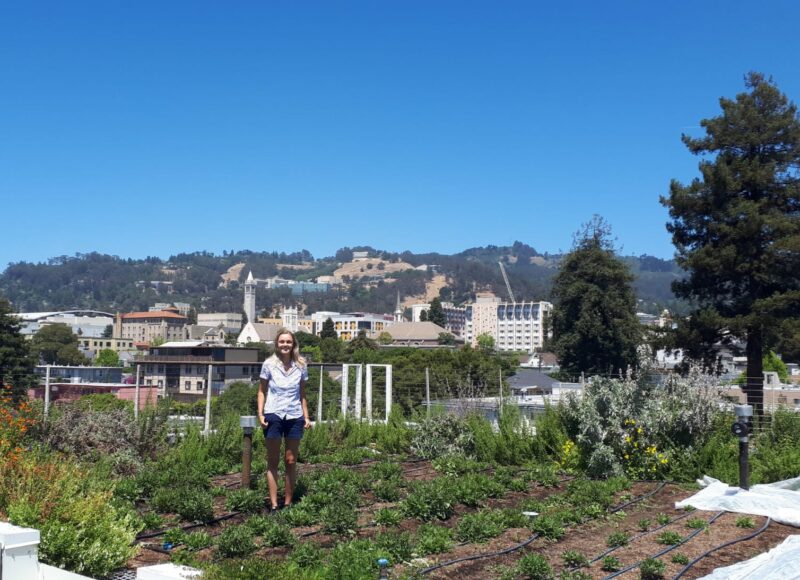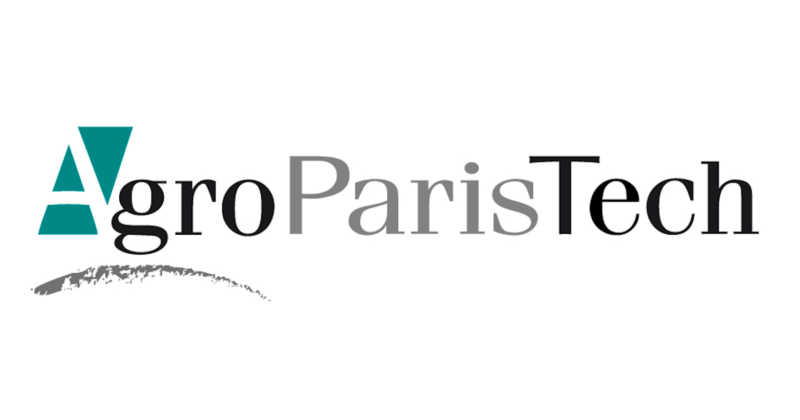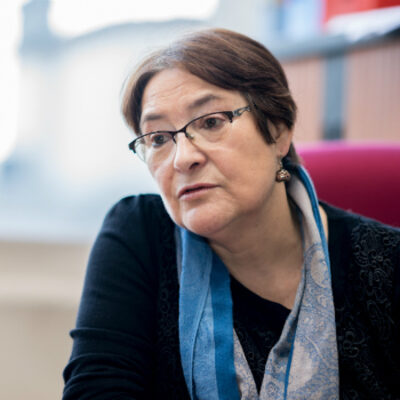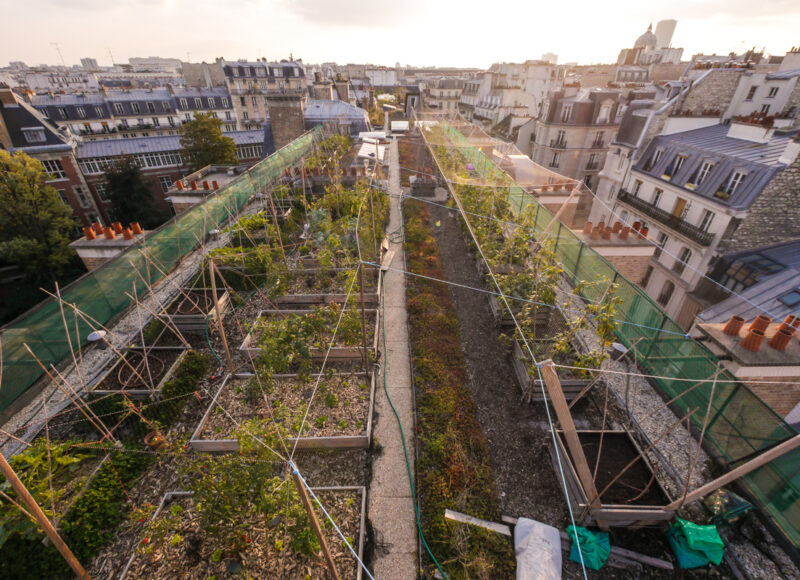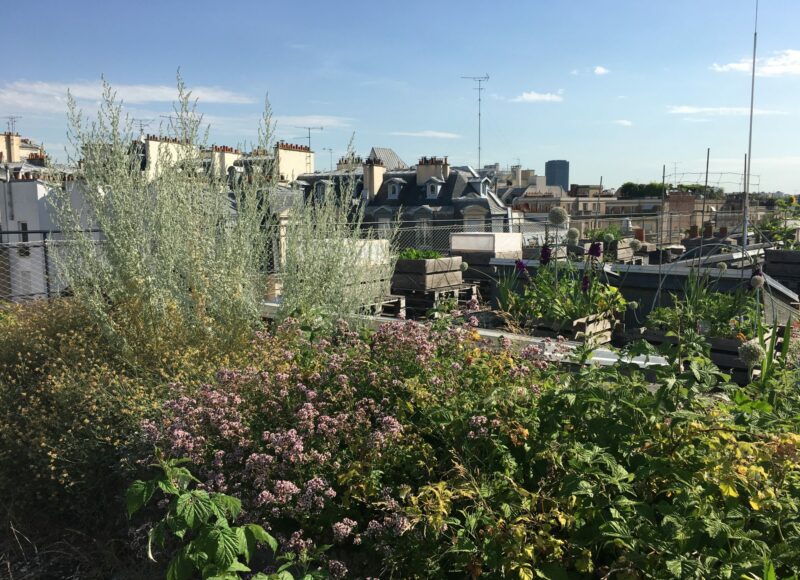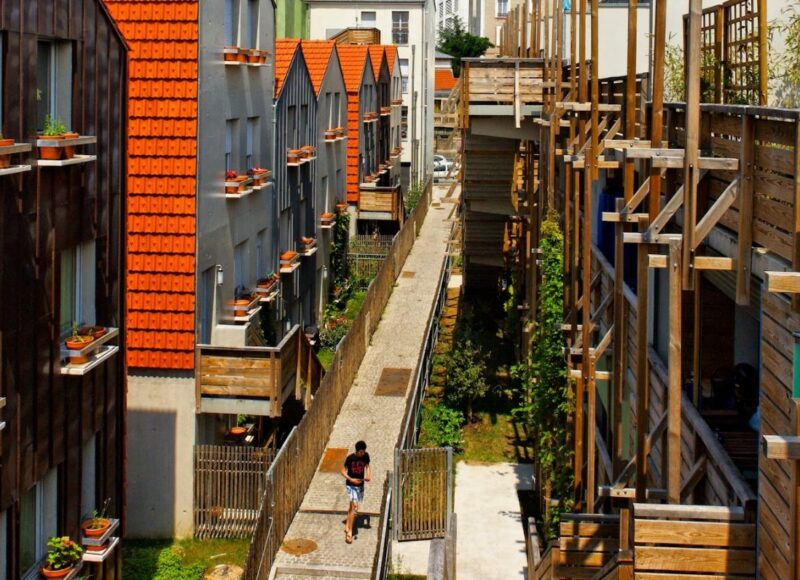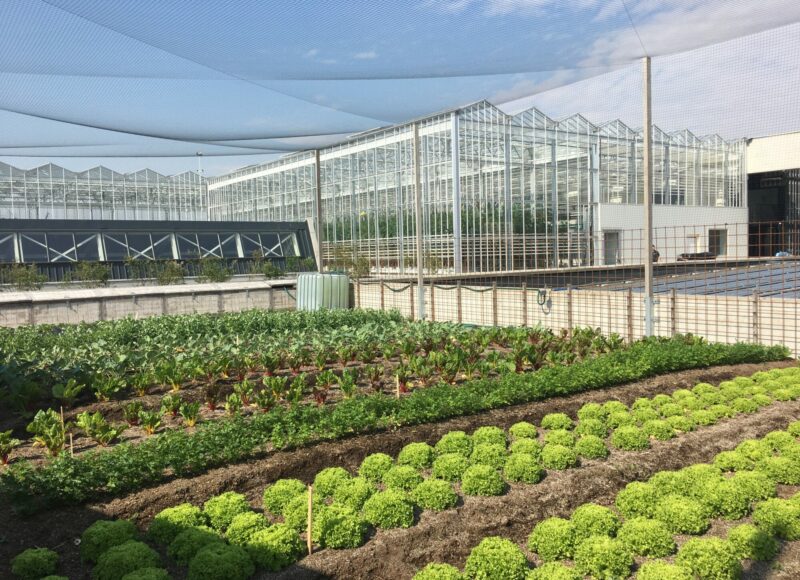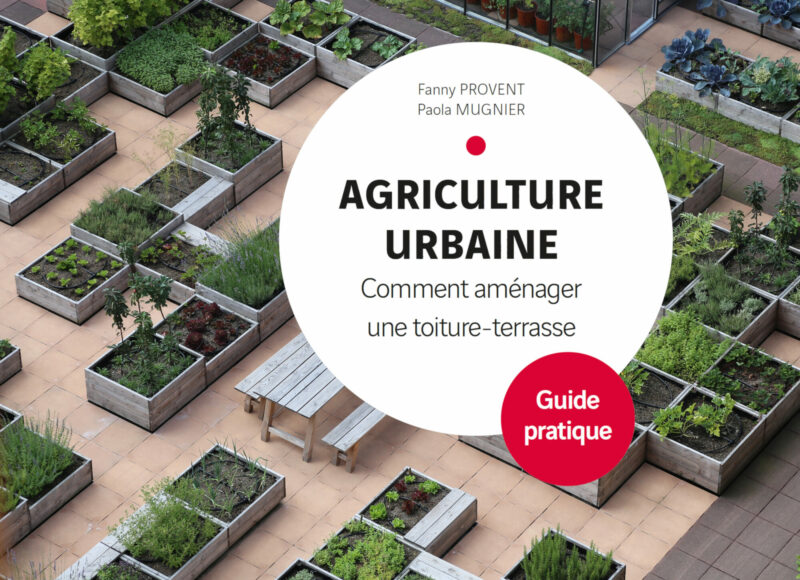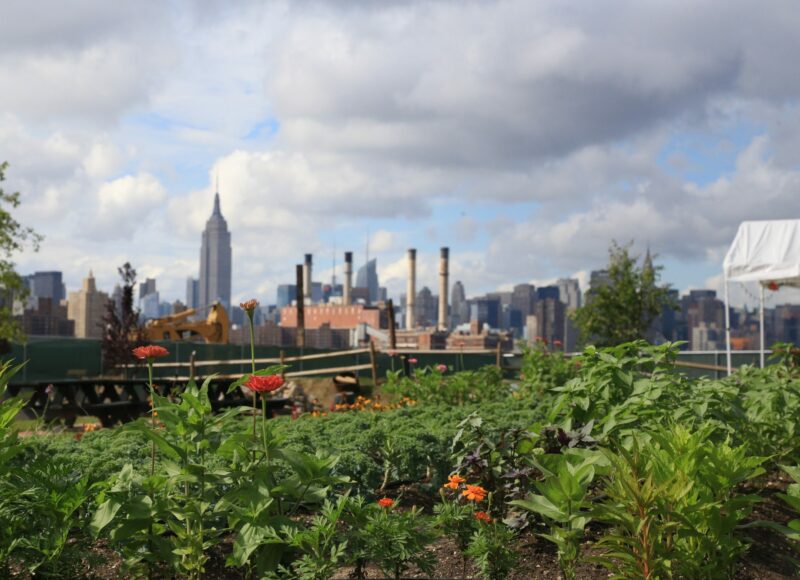Project
Development of a sustainability self-assessment tool for urban agriculture stakeholders
A simplified life-cycle assessment tool will allow decision makers to assess the sustainability of urban agriculture projects and guide the design and management of these projects.
Researchers
Senior Associate Researcher and Consultant Professor
AgroParisTech
INRAE
INRAE
PhD Student
AgroParisTech
Pilot site
AgroParisTech's experimental rooftop has been used since 2012 to design urban agriculture systems in rooftop boxes, using urban residues as components of technosols, with the aim of studying the services provided by
Learn more
Practitioner group
The benefits and costs related to green infrastructure in cities need to be better understood through assessment tools that measure environmental impacts, for example, carbon emissions due to the transport of substrates,
Learn more
Reconciling nature and the city, a highly artificial environment, is an art that is practised from the scale of the building to that of the suburban territory, including that of the neighbourhood.
Learn more
Life-cycle assessment is a method to assess the environmental impacts of buildings and infrastructures throughout their life cycle, from the extraction of raw materials through to their end-of-lifetime handling.
Learn more
- About
- Researchers
- Pilot sites
- Practitioner groups
- Research areas
- Posts


